Mac App Store revolutionizes PC software distribution
The year began with Apple launching Mac OS X 10.6.6 Snow Leopard with support for the Mac App Store, an initiative Jobs had outlined in an October presentation focusing on Mac OS X 10.7 Lion. Jobs said Apple wouldn't wait for Lion to launch the new digital downloads marketplace, promising it would launch by itself in the next 90 days.
Apple subsequently launched the Mac App Store weeks ahead of schedule at the beginning of January, and throughout 2011 it completely shifted how desktop software was sold. This month, the company announced a year long figure of 100 million downloads.
Apple shifted its own consumer iLife and iWork suites to digital downloads, eventually adding its entire lineup of Pro Apps to the store as well, from Aperture to Final Cut, Motion, Compressor, Logic Pro and MainStage. Apple also made available its Remote Desktop package, as well as the new FaceTime for Mac. The company's biggest release, however, was Mac OS X Lion, which shipped in July as the first digital download of a commercial PC operating system.
Apple also released Mac OS X Server as a $50 App Store download, a radically simplified version of the package that formerly sold for $500. While more accessible to small office users, the package drew complaints from enterprise users who found the scaled down software ill fitted for their large deployments. Apple had also backed out of the server hardware business, canceling the Xserve at the beginning of the year and offering a Mac mini Server appliance in its place.
More than just bringing the iOS App Store to the Mac, the new marketplace for desktop software dramatically shifted software prices downward, with Apple shaving hundreds of dollars from its higher end software packages in the transition from paper boxes and discs to digital downloads. By discounting its software, Apple made its own titles more competitive while lowering the bar for what third parties could ask for their competing titles, ranging from Microsoft's Office to Adobe's Lightroom to Avid and even Microsoft's Windows, a package the company has struggled to raise the price of with a series of "editions" and upgrade options. The $29.99 Mac OS X makes any version of Windows now look awfully expensive.
In addition to shifting the price of software, the Mac App Store has also changed how desktop users obtain their software, greatly minimizing the need for an optical drive in a continuation of how iTunes and the iPod made CDs and DVDs far less necessary. Combined with network disc sharing and the new firmware Internet Repair install and restore features Apple delivered alongside the new 2011 MacBook Air models running Mac OS X Lion, the optical drive appears slated for retirement, at least among Mac users, starting 2012 as a new decade of Mac OS X development.
Jobs takes leave, continues working with iPad 2
Less than two weeks after the Mac App Store launched, Jobs announced he would take a medial leave of absence while remaining in his role as chief executive and staying involved in major strategic decisions.
While battling his health issues, Jobs continued to make regular public appearances. In February, Jobs joined a small group of Silicon Valley tech luminaries to meet with President Barack Obama in a discussion aimed at promoting technological innovation in an effort to boost the U.S. economy. Jobs presented Obama with a prerelease iPad 2.
Jobs made a surprise appearance introducing the iPad 2 in March, his first in front of an audience. The revamped new tablet went on to obliterate competition from firms that had spent billions to challenge the iPad, ranging from Google's Android 3.0 Honeycomb used by Motorola and Samsung to a flurry of tablets by Asus, Lenovo, Samsung and others running Microsoft's Windows 7 to HP's webOS TouchPad to RIM's PlayBook, all four of which were absolutely crushed by the iPad in 2011.
Jobs had previously described the iPad as "the most important thing I’ve ever done," according to Michael Arrington, who observed, just prior to the release of the original iPad, that "coming from the man who has created so much, that’s saying something."
On page 2 of 3: Jobs introduces iCloud, forces ahead open standards
Jobs also appeared at Apple's summer Worldwide Developer Conference in June to introduce iCloud as the "next big insight," replacing the PC "digital hub" he had introduced around the iMac ten years ago. In its place, Jobs would deliver upon his vision for bringing to the masses the type of cloud storage network technologies that had been put into place at NeXT in the early 90s. Rather than requiring a link to iTunes to set up new iOS devices, Jobs outlined a "PC Free" setup for iOS 5 that would enable users to link directly to iCloud and related features including iTunes Match without needing a local "digital hub," a major change in Apple's mobile device strategy.
Upon returning to Apple in 1997, Jobs had outlined the future of cloud computing at that year's WWDC. By the end of 2011, Apple delivered upon the initial premise of iCloud, with support in Mac OS X Lion, iOS 5, and in its iCloud web applications. The company is continuing work to enhance and expand upon those efforts.
Six months earlier, Samsung had unveiled at CES its own "digital hub" strategy, following in Jobs' footsteps from ten years prior but substituting the iMac with its "Smart TVs" running Adobe Flash and apps authored in AIR.
Jobs kills off Flash, Silverlight and forces ahead open standards: HTML5 and H.264
Along with Samsung, Google, HP, RIM, and a variety of other tablet makers had supported Flash in an effort to differentiate their products from Apple's Flash-free iOS devices. But by the end of the year, Adobe would concede defeat for Flash on mobile products, deferring instead to support the open HTML5 specification as Jobs had recommended years earlier.
Microsoft also abandoned its own Silverlight platform this year, similarly citing iOS as the reason it shifted its support to HTML5. Microsoft's push to embrace more open standards and technologies reflects its failed battle with Apple's iPod, MP3s and H.264/AAC, which Microsoft waged for years at astronomical costs. Its own efforts to push proprietary DRM with Windows Media Audio and WMV (aka VC-1) not only crashed with the failed HD-DVD format, but also its iPod competitor PlaysForSure and the company's Zune products, which it finally decided to terminate this year to focus on smartphones.
Google, which strongly backed Adobe's Flash both in Android and in YouTube and its other web properties, continued its own largely ineffectual efforts this year to push Adobe's proprietary Flash alongside its "royalty free" but patent encumbered WebM video codec in a bizarre effort to attack the ISO's H.264 video specification as "not open enough" because it involved patent licensing just like its own proprietary apps for Android or Flash itself.
While promoting itself as open, Google also closed access to its Android 3.0 code throughout the entire year. That left Apple's WebKit as the only truly open, major platform throughout 2011. The WebKit open source project, which Apple has used to push the open HTML5 specification it helped to develop alongside Google and other partners, has long been the largest open development platform, exceeding Android's roughly 50 percent share of all mobile devices by nearly a factor of two.
Last October, Jobs pointed out during an Apple conference call that "Google loves to characterize Android as 'open' and iOS and iPhone as 'closed.' We find this a bit disingenuous and clouding the real difference between our two approaches." He added that "many Android OEMs, including the two largest, HTC and Motorola, install proprietary user interfaces to differentiate themselves from the commodity Android experience. The user's left to figure it all out. Compare this with iPhone, where every handset works the same."
Jobs also described various Android app stores as "a mess for both users and developers" and noted that "many Android apps work only on selected handsets, or selected Android versions," alluding to the fact that most Android phones still run an OS release roughly a year old, and often can't be updated for 3 to 6 months after Google makes an update available, observations that remained accurate throughout the year.
On page 3 of 3: Jobs unveils new Apple campus, Apple loses Steve Jobs, continues his vision
The next day after his early June WWDC appearance, Jobs made a third appearance at the Cupertino City Council to outline his plans for Apple Campus 2, a project to convert HP's abandoned Pruneridge campus into a tree covered green space surrounding a circular building larger than the Pentagon, capable of housing more than 12,000 workers.
Apple loses Steve Jobs, continues his vision
While Apple's most blockbuster year ever, in 2011 the company lost its co-founder at the peak of his accomplishments. Just two weeks after Apple surpassed the market capitalization of Exxon Mobil to become the most valuable public company, Jobs announced he could "no longer meet my duties and expectations as Apple’s CEO," and recommended that Tim Cook serve as his replacement.
Jobs continued to sit on Apple's board as Chairman until October 5, when the company announced Jobs had passed away, just one day after announcing his final product to see released at Apple, the iPhone 4S packing the Siri technology he had presided over the development of through the past year.
Two as yet unreleased projects Jobs also oversaw that have not yet been fully released as products involve two other acquisitions Apple made in 2011. The first, C3 Technologies of Sweden, is a 3D mapping company Apple acquired in August, and the third map-related firm the company has bought up recently.
In 2009, Apple purchased Placebase, a Google Maps competitor, sparking speculation that it was looking to decrease its dependance on Google technology for the Maps application on the iPhone. Last year, it acquired Web-based map company Poly 9, which had developed a "cross-browser, cross-platform 3D globe" product. Apple also began using its own databases for location-based services, and posted positions throughout the year looking for applicants to help "radically improve how people interact with maps and location-based services."
A second major acquisition by Apple was finalized in December, involving Israeli firm Anobit. While involving the company's "Memory Signal Processing" technology for optimizing the reliability, performance, efficiency and endurance of flash memory, the purchase appears to dovetail into a series of acquisitions Apple has made in the past half decade involving chip design, including Intrinsity in 2010 and P.A. Semi in 2008. Those acquisitions appear to have contributed to the development of Apple's A5, which were used to power this year's iPad 2 and iPhone 4S.
Apple under Tim Cook
Apple continues under Cook, who Jobs recommended as chief executive after serving Apple for 13 years as its chief operations officer. Cook turned around the company's operational mess and turned Apple into a brutally competitive machine, making key, billion dollar investments in components and technologies. Cook's deft handling of Apple's operations, while also managing portions of Jobs' executive role throughout the year as his health worsened, enabled Apple to weather such storms as the earthquakes and tsunamis that devastated Japan and shut down key component manufacturing there.
Cook also managed Apple's operations through flooding in Thailand that disrupted the manufacture of hard drives (although many of Apple's key products now use sold state memory rather than conventional disks) and targeted the handling of regional crises such as Hurricane Irene, which shut down retail stores on the East Coast.
Cook's Apple itself has disrupted the global market, shifting demand away from disk drives and DRAM and toward NAND flash memory while features such as the company's aluminum unibody designs have left "Ultrabook" competitors incapable of delivering competitive products.
A report by the Wall Street Journal described Cook as molding Apple with a more streamlined operating structure with improved internal communication, and Cook has expressed a strong regard for the principles of supplier responsibility in labor and human rights, health and safety, the environment, ethics, and management commitment among the companies Apple does business with, promising to perpetuate the culture Jobs instilled in the company he crafted.
Inside Apple's 2011: Mac hardware and Mac OS X
 Daniel Eran Dilger
Daniel Eran Dilger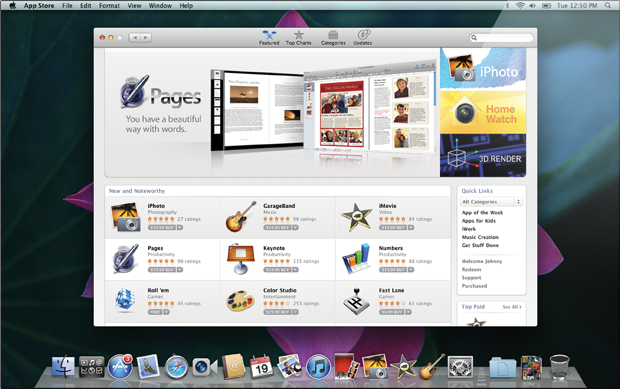
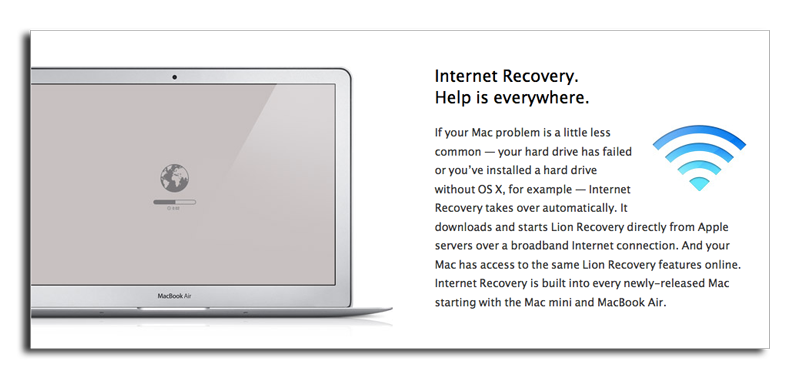

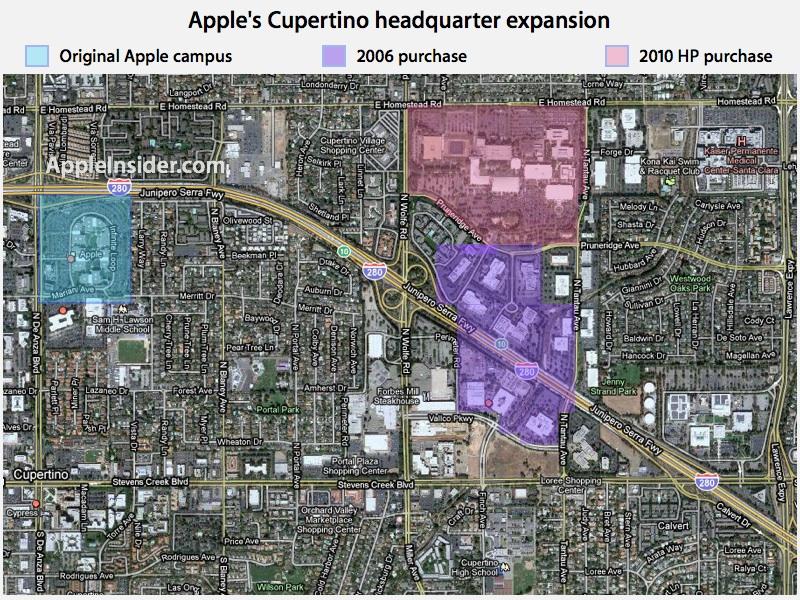
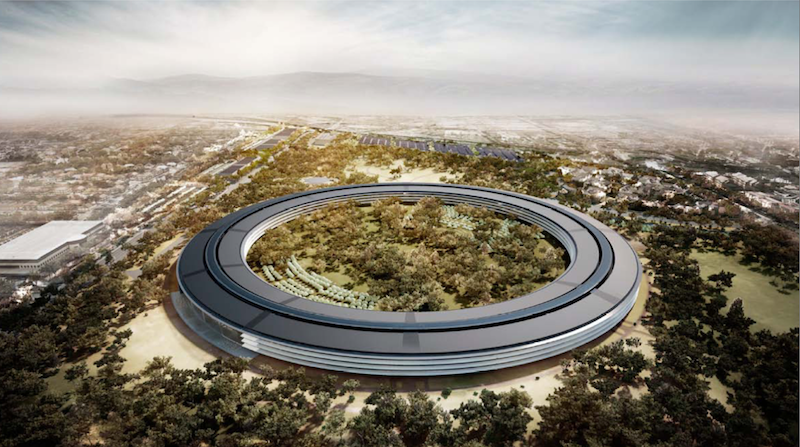


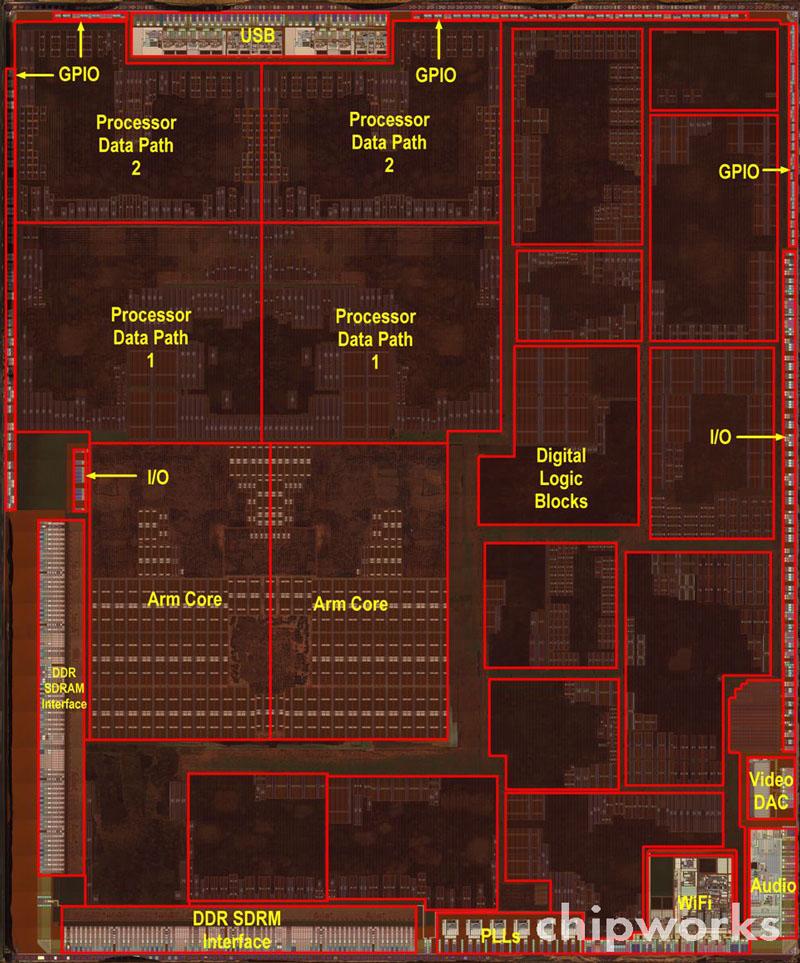
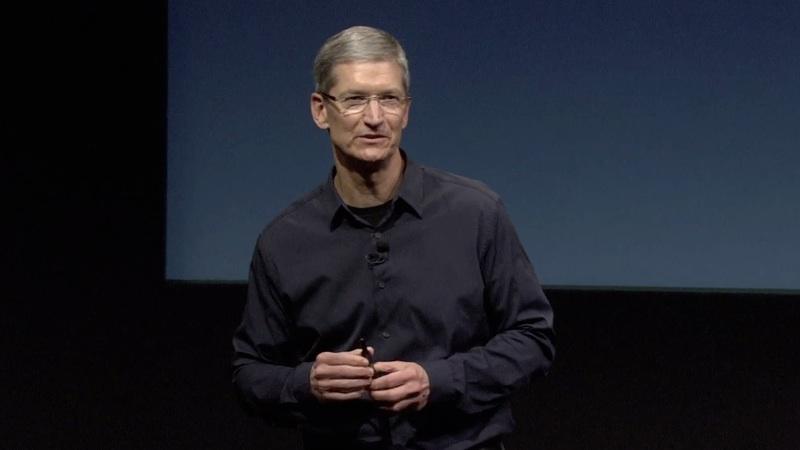







-m.jpg)






 William Gallagher
William Gallagher
 Charles Martin
Charles Martin
 Christine McKee
Christine McKee
 Wesley Hilliard
Wesley Hilliard
 Malcolm Owen
Malcolm Owen
 Andrew Orr
Andrew Orr

 Sponsored Content
Sponsored Content







30 Comments
While promoting itself as open, Google also closed access to its Android 3.0 code throughout the entire year.
Corrections,
Android 3.0 source code was released in mid-November, not quite making closed access for "the entire year".
It was the year of the iPad not the copycats.
Apple innovates, the rest imitates.
Corrections,
Android 3.0 source code was released in mid-November, not quite making closed access for "the entire year".
Not so much a correction as you being pedantic. I suppose if it Honeycomb was still locked today you'd say that we can't be sure it was locked for "the entire year" because we don't know if Google would open up before new year hits.
edit: Personally, I would have been more precise but that's just the way I roll*.* Not literally rolling.
Not so much a correction as you being pedantic. I suppose if it Honeycomb was still locked today you'd say that we can't be sure it was locked for "the entire year" because we don't know if Google would open up before new year hits.
Since it isn't then it's of no matter guessing then. We all have our pedantic moments I guess.
If it wasn't one of his favorite clubs to use in talking points I probably wouldn't have bothered mentioning it. I have no idea why a discussion of whether Google is open or not was included in the first place or in any way pertinent to the article. Wasn't it supposed to be about Apple in 2011 and Steve Jobs accomplishments and crises?